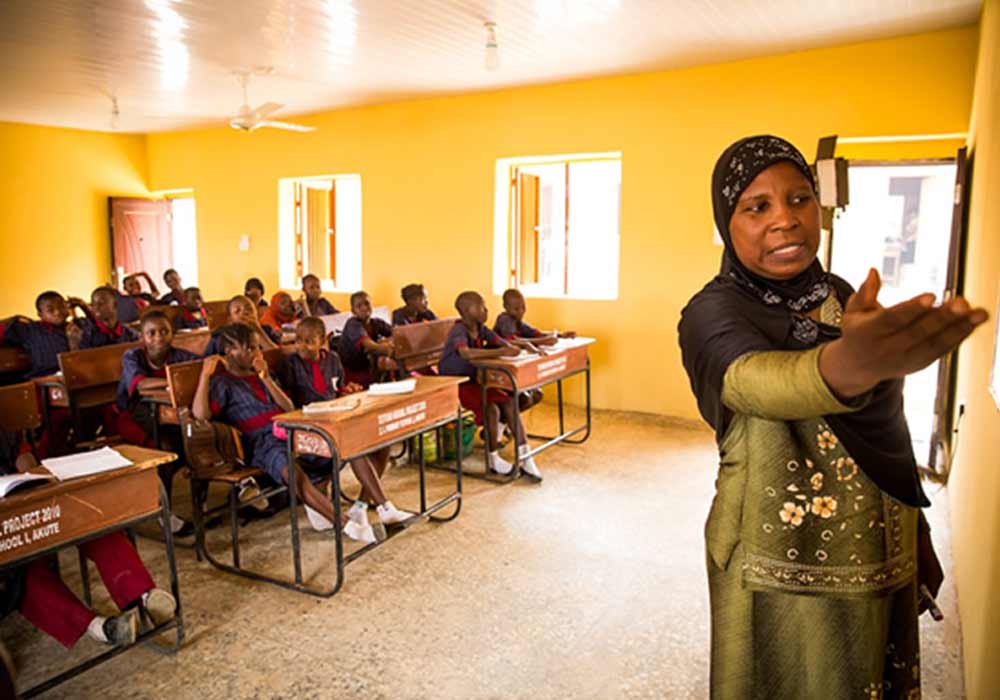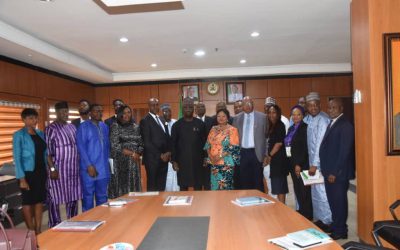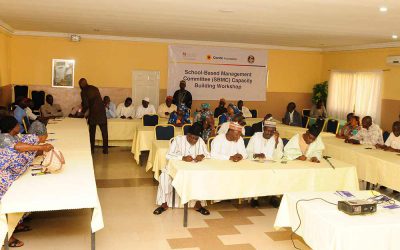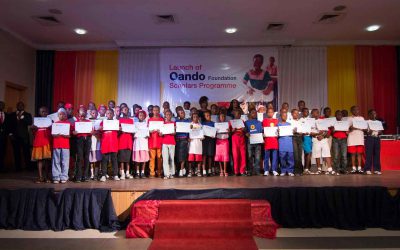The UNESCO 2014 Education for All Report shows that there is a deficit in the number of trained primary school teachers in Nigeria. Average Pupil/trained teacher ratio is 1:40. In some schools in northern Nigeria, there are more than 200 students per trained teacher. Nigeria has by far the largest teacher-student gap to fill than any country in the world. It has been estimated that 212,000 additional teachers are needed annually in order to realize Universal Primary Education targets.
The lack of and poor quality of teachers in Nigeria significantly hinders students’ enrollment and learning. The lack of teachers is particularly acute in the Northwest and Northeast Nigeria where only 50 and 53 percent of teachers are qualified. Though the Southwest has close to 100 percent qualified teachers, most lack adequate professional knowledge and competency to teach. Hence, quality of teaching remains pervasively low across the country.
In response to the dearth of qualified teachers in public primary schools, Oando Foundation’s teacher training programme aims to improve teachers’ skills in modern pedagogy and subject content knowledge, thus enhancing the implementation of existing primary school curriculum. It is also expected to strengthen the capacity of head teachers and assistants in school management and leadership. Our teacher training plan considers identified learning gaps alongside replicable world best practices that have delivered the desired objectives in similar climes across the world. Partnering with the DFID funded Teacher Development Programme (TDP) and its consultants in Nigeria, we are replicating the DFID sponsored Education Sector Support Prorgamme in Nigeria (ESSPIN) model across adopted schools.
The model prioritizes numeracy, literacy and participatory methodologies. It supports capacity development in four aspects of effective teaching: instructing, demonstrating, applying and confirming. Through these tools, teachers in our adopted schools will enhance their ability to foster differentiated learning in their classrooms, recognizing and accommodating differences in learning styles, culture and expectations. Utilizing the existing model allows us to leverage existing capacity and knowledge thereby ensuring sustainability of the model.
Furthermore, we build the capacity of School Support Officers at the LGEAs to provide on-going mentorship and supervision of trained teachers and head teachers through regular school support visits. The Foundation also provides various teaching and learning materials to support improved learning outcomes among students in adopted schools.
To date, over 2,169 teachers have been trained across our adopted schools.




